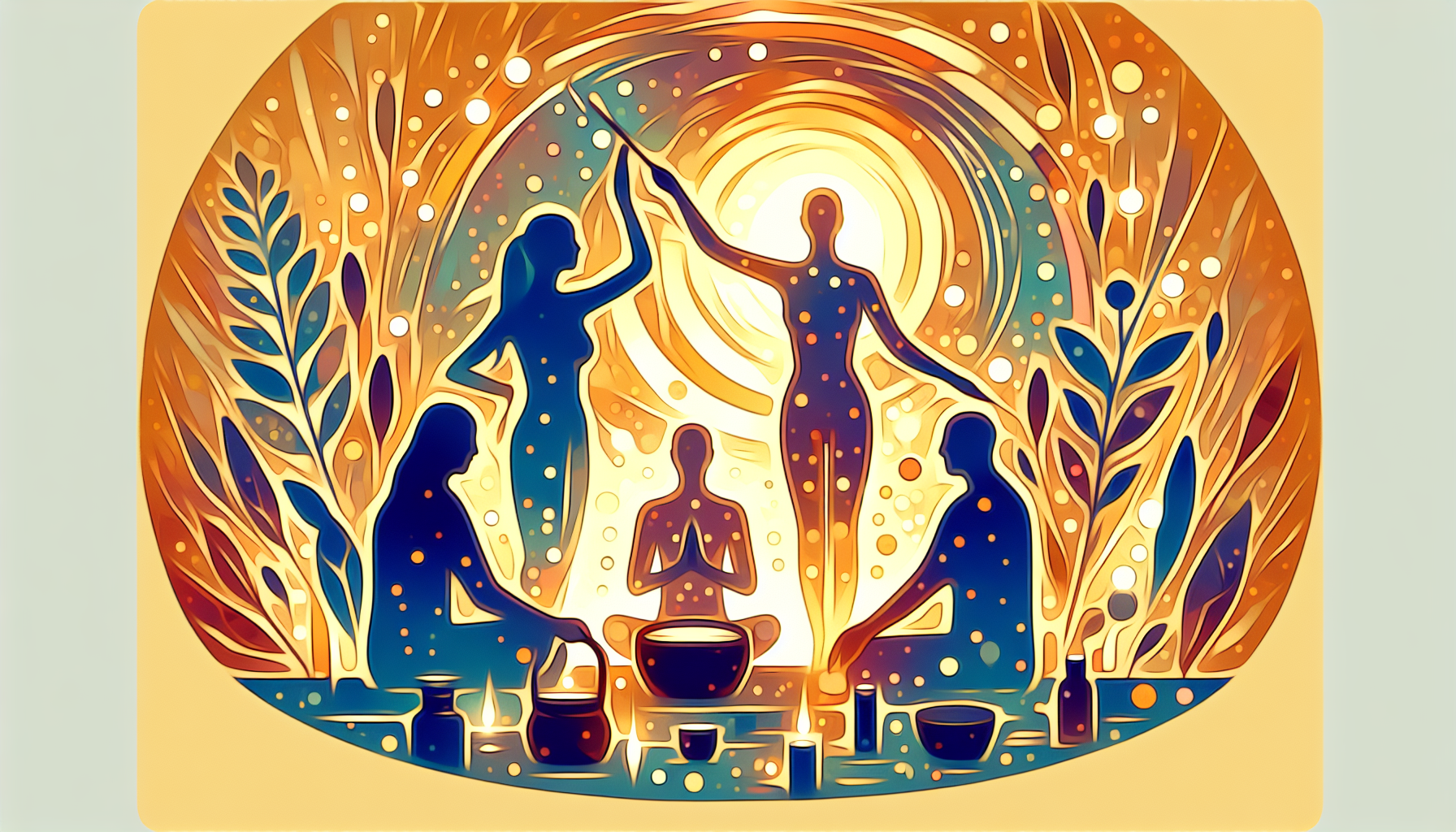If you've ever seen athletes or celebrities with purple circles on their skin or know someone who swears by acupuncture for back pain, you may be curious about Traditional Chinese Medicine (TCM). This ancient system of health and wellness has been used in China for thousands of years and is gaining popularity worldwide as a complementary approach to Western medicine.
The Principles of Traditional Chinese Medicine
TCM is based on the concept of balance and harmony within the body. It focuses on two main ideas:
Qi: Also known as life energy or vital energy, qi is believed to flow throughout the body. TCM treatments aim to promote and maintain the proper flow of qi.
Yin and Yang: These opposing forces describe the qualities of qi. Yin represents night, dark, cold, and feminine aspects, while Yang represents day, light, warm, and masculine aspects. TCM seeks to balance these forces to achieve optimal health.
Common Practices in Traditional Chinese Medicine
TCM encompasses a variety of practices, including:
Acupuncture: Fine needles are gently inserted into specific points on the skin to stimulate healing and balance.
Cupping: Heated cups are placed on the skin, creating suction to promote blood flow and relieve pain.
Herbal Medicine: Teas, powders, and capsules made from plants are used to treat various health conditions.
Meditation: This practice involves sitting quietly and calming the mind to reduce stress and promote relaxation.
Tai Chi: A gentle form of exercise that combines slow movements with focused breathing to improve balance and overall well-being.

Is Traditional Chinese Medicine Safe and Effective?
When practiced by a qualified and experienced practitioner, TCM is generally considered safe. Acupuncture, tai chi, cupping, and moxibustion (i.e., burning mugwort on different parts of the body) have been extensively studied and shown to have minimal risks when performed correctly. However, it's essential to consult with your doctor before starting any new treatment, especially if you are taking medications or have a pre-existing health condition.
Research on the effectiveness of TCM is ongoing, with many studies showing promising results. For example, acupuncture is widely accepted as a treatment for pain relief and reducing side effects from chemotherapy. Herbal medicines used in TCM are also used in well-respected Western medicine clinics to treat various conditions, such as insomnia, arthritis, and menopause symptoms.
Who Can Benefit from Traditional Chinese Medicine?
TCM can be a good choice for people who:
Experience a variety of symptoms with no clear cause
Need to manage side effects from medications
Have tried Western medicine without satisfactory results
Want to prevent illness and maintain overall wellness
However, it's important to note that TCM should not completely replace Western medicine, especially for serious conditions like cancer or liver disease. Always consult with your healthcare provider to determine the best approach for your individual needs.
Finding a Qualified Traditional Chinese Medicine Practitioner
To ensure your safety and the effectiveness of your treatment, it's crucial to find a qualified TCM practitioner. Look for someone certified by the Accreditation Committee for Acupuncture and Oriental Medicine (ACAOM), which accredits schools that teach TCM. You can also contact a school of Oriental medicine for referrals or ask for recommendations from friends and family.
As interest in TCM continues to grow, more leading health care centers, such as the Mayo Clinic, Cleveland Clinic, and Johns Hopkins, are offering TCM practices like acupuncture and herbal treatments. By incorporating TCM into your wellness routine, you may discover a safe and effective way to achieve balance, harmony, and optimal health.


